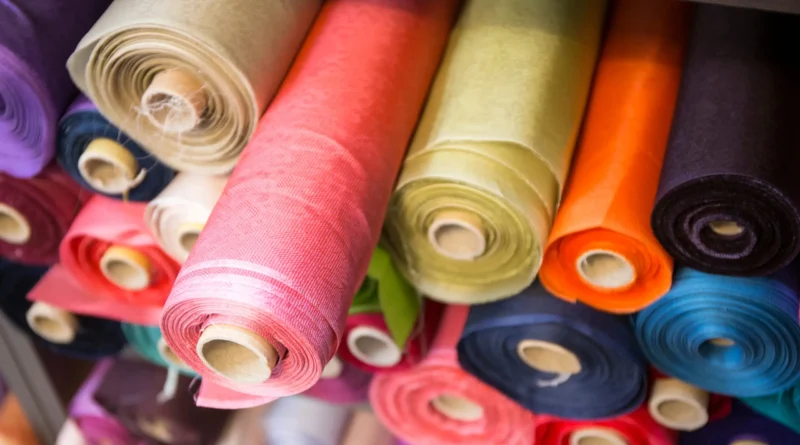Weaving Tomorrow: Conscious Textiles, Crafted with Purpose
Sustainable fashion trends now dominate the market since customers value both production methods and materials used in their products. The use of environmentally friendly bamboo natural fibers has gained popularity mainly due to their renewability, soft handling, and environmentally sustainable features. Fashion brands now embrace innovation while setting up a new standard for responsible and contemporary fashion under emerging requirements.
Environmental Fashion Evolution
Fashion companies changed their manufacturing approach and selected sustainable fabric manufacturers for their products. The textile and fashion industry reduces waste throughout its operations while shortening the distance between suppliers and ensuring all workers receive fair treatment. Brands emphasize durability and ethical sourcing practices instead of short-lived trends and maximize product length of service rather than product fashionability. Ethical production models support environmental sustainability while creating fair working conditions that provide value to workers and their well-being.
Bamboo as a Sustainable Material
Since clothing production uses bamboo as one of its leading sustainable raw materials, the material needs minimal water resources while naturally breaking down. Bamboo-processing methods yield textiles with three key features: natural antiseptic properties and breathability, and luxurious comfort that suits casual and active clothing needs. The fabric provides excellent drape when it is draped and possesses odor resistance while delivering comfort across diverse temperatures. The bamboo clothing manufacturers in india replace heavy-duty and chemically treated traditional fabrics. The material’s growing popularity demonstrates a more significant industry trend towards environmentally and human-friendly fabrics.
Suspension-Based Manufacturing Practices
Suspension-based manufacturing aligns directly with the slow fashion revolution, which aims to reduce the impact of the fast fashion trend. Small-product makers and handcraft production entities produce designed collections while prioritizing product longevity, good labor practices, and ethical production. These sustainable fabric manufacturers develop designs for responsible manufacturing practices rather than fleeting seasonal styles. By limiting their operation scale and using sustainable materials, these producers create clothes that carry greater significance for their customers. People choose garments based on their lasting quality instead of bulk quantity, and these items originate from producers who receive fair payment and professional respect.
Consumer-Product Connection Strengthens
The connection between product and consumer strengthens significantly when people choose environmentally friendly fabrics. Natural fibers processed appropriately continue to look stunning throughout multiple wears as they help decrease synthetic waste generation and environmental pollution. Manufacturers now source their materials responsibly because responsible sourcing practices require them to establish operations near their markets, which reduces their emission footprint and supply chain length. The closer geographic relationships provide better control mechanisms that boost product quality while increasing accountability. Each manufacturer becomes a storyteller through sustainable methods because their fabrics convey more than raw materials yet highlight their ethical purpose and environmental dedication.
Sustainability leads to the advancement of both design innovations and fashion style instead of making designers sacrifice these elements. Modern fabric manufacturers construct sustainable production systems while utilizing renewable resources such as bamboo to establish a better manufacturing approach. The textile revolution led by this transformation represents a permanent change in the fashion industry.

